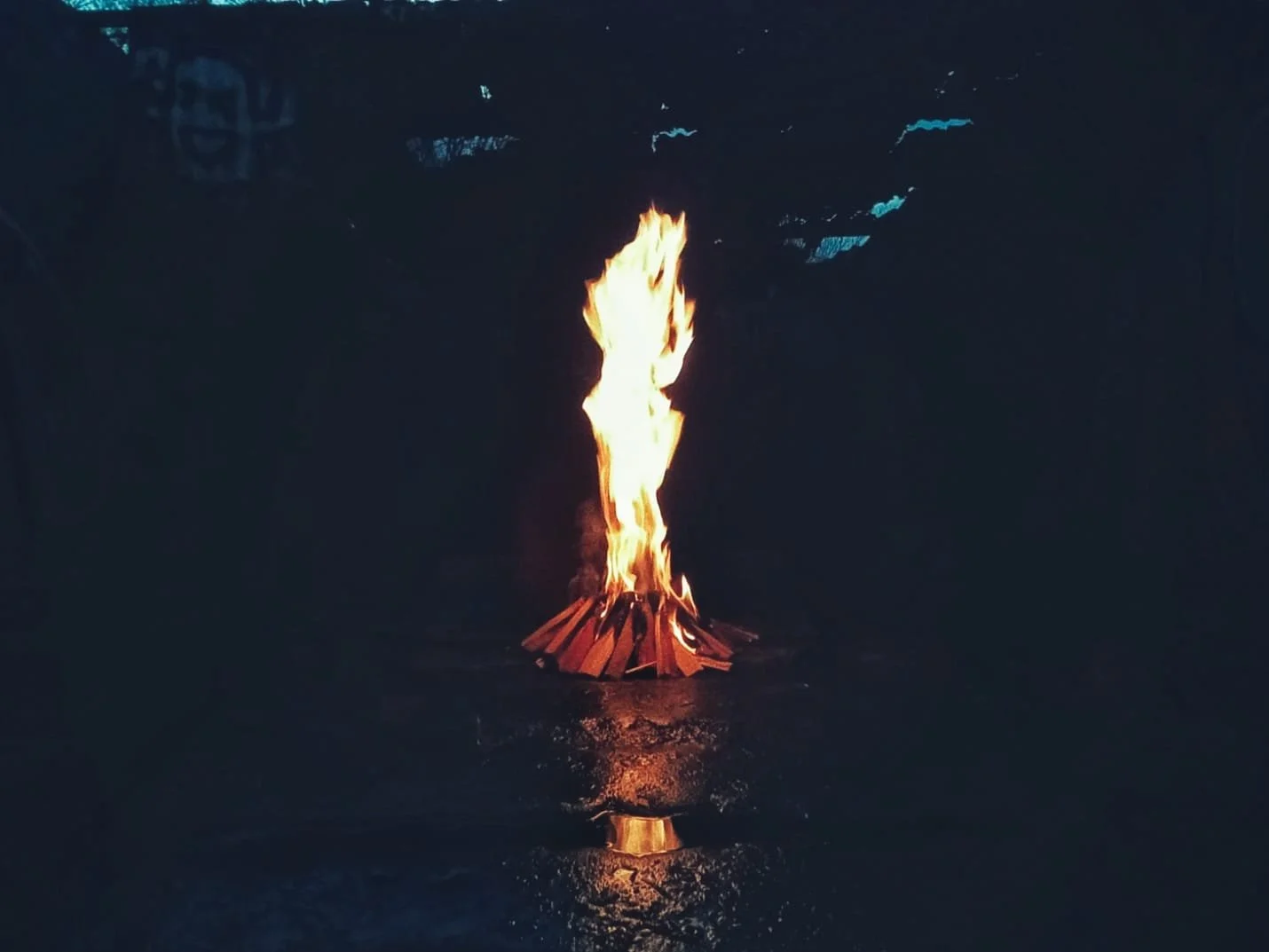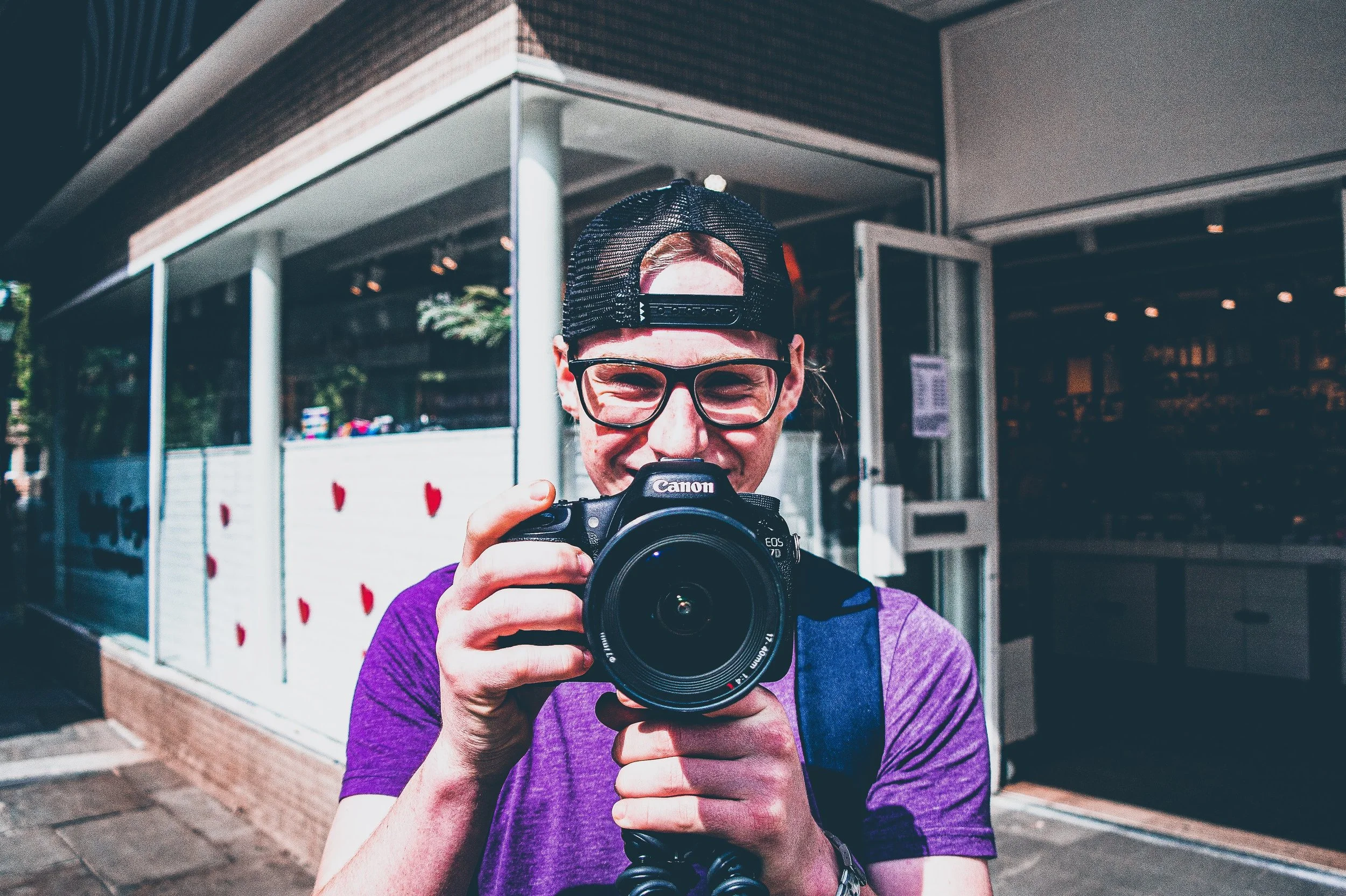How did I get started in the industry?
My journey in the industry started way before I even realized it back in 2015. I created a YouTube channel and started editing and uploading my own gaming videos, I edited using a software called “ShareFactory” on my Play Station and although compared to the various editing software’s I use now it was terrible, I loved it & It wouldn’t stop me. I continued editing & uploading daily for around 2 years until I ended up burning myself out and stopped uploading & making videos altogether until 2019.
In 2019 I enrolled onto a level 3 TV & Film course because I had been watching on set Cinematographers & Camera Operators, bring idea’s & story’s to screen & how behind the scenes, Colourists brought the frames to life. While my education was teaching me so much at the time, I needed practice and sought out means to do so. The only thing I had at my disposal at the time was my phone so I took photos & videos on that until I found my dads old Canon EOS 10D, I spent 6 months carrying the camera with me everywhere searching for frames of light and colour to really drive forward my learning and commitment to my new career path.
One of the early photos from my career
Captured on my phone
Soon became the point where I needed a camera that could shoot video. My dad lent me his Canon EOS 7D and I continued to carry a camera with my every second of the day taking photos and now videos. I started using my YouTube channel again to post, this time using it for Vlogging.
This is a photo of me making part of a vlog
I discovered Casey Netstat and tried like him to create a story and a subsequent movie around my days. I learned how to use Adobe Premiere Pro and with my lack of understanding of industry standard editing software this gave way to as host of new knowledge and joy as regards editing and once again I was hooked. I was now able to practice the fundamentals of film-making, the story telling. I gradually after repeated mistakes and time got better at not only my story telling but my framing, my use of settings, my editing ect. I gave me a way to practice while having fun which allowed me to learn faster than I could have imagined.
While at college I spent hours researching things like equipment, film theory and how to get work. I approached a small pizza business owner and told him that he should let me film him a video. Using all I had practiced I went and shot him a video.
While editing together what I had shot, I received my first big, big lesson I was nowhere near as good as I thought I was & still had no idea what I was doing. I took way more photos than video and lots of the video was either out of focus or just didn’t say anything. I ended up taking it as a loss and moved on. I went back to researching what I wanted to know, continuing to film and edit my vlogs to give me the basic practice I realised I needed. Even going as far as making a short film to practice my cinematography.
I ended up with another job for a fencing company, I took only my camera and two lenses & ended up using the in-built mic on the camera and a step ladder lying around as a tripod. I then learned the 2nd biggest lesson of my journey: audio is so important. While I was grossly underprepared, filming everything at the lowest aperture I could, most of the video was out of focus, my framing was much better & my editing was much better. Showing me that progress was slowly being made. To provide a more professional look I started using Davinchi Resolve to grade my project and bring colour to life. This was the project that made me want to be a colorist.
After consistently posting my vlogs and posting photos on Instagram I ended up being approached by someone that wanted me to edit podcasts for them. (skip to 8:50 for footage of meeting)
This was my first consistent editing work. Editing this podcast helped me to learn about editing audio and cleaning up cuts with constant powers, fades, and so on. This job eventually lead to my camera operation, by filming behind-the-scenes videos and then going on to being a freelance camera op. Through repetition, this taught me how to film different types of videos in different settings ranging from behind-the-scenes videos to talking head interviews.
I started to take myself seriously and approached people knowing the more work I did the better I would get. I have spent the last year just creating my own projects while working as a Freelance Camera Op, Editor & Colourist forcing myself to learn from the mistakes and also the wins on each project. Starting Uni for Film Production & Cinematography training to be a recognized Camera Op & Cinematographer.


